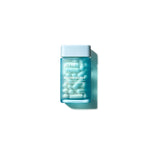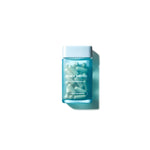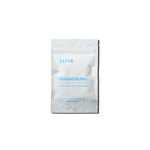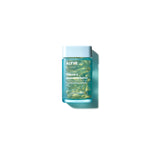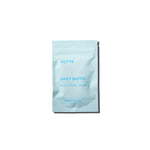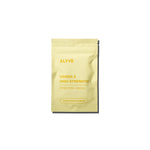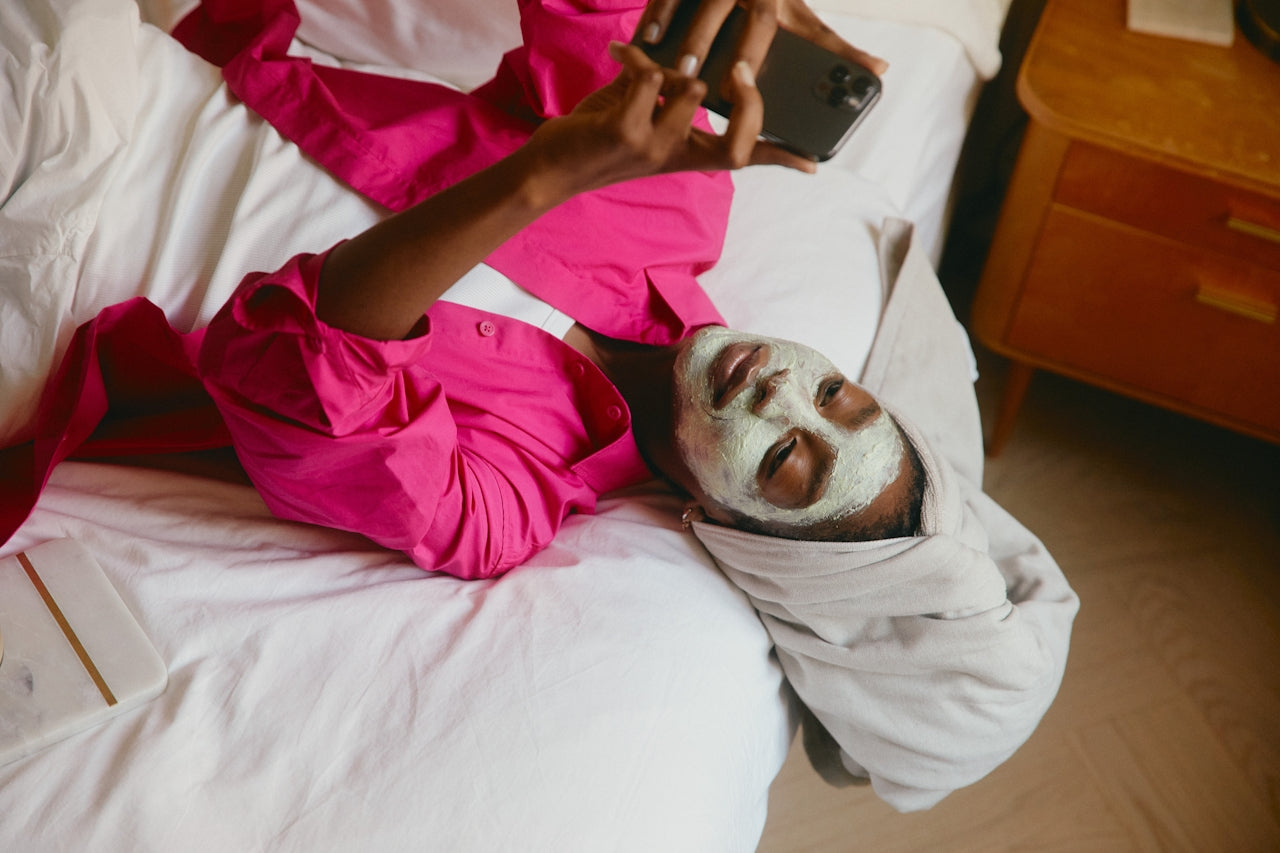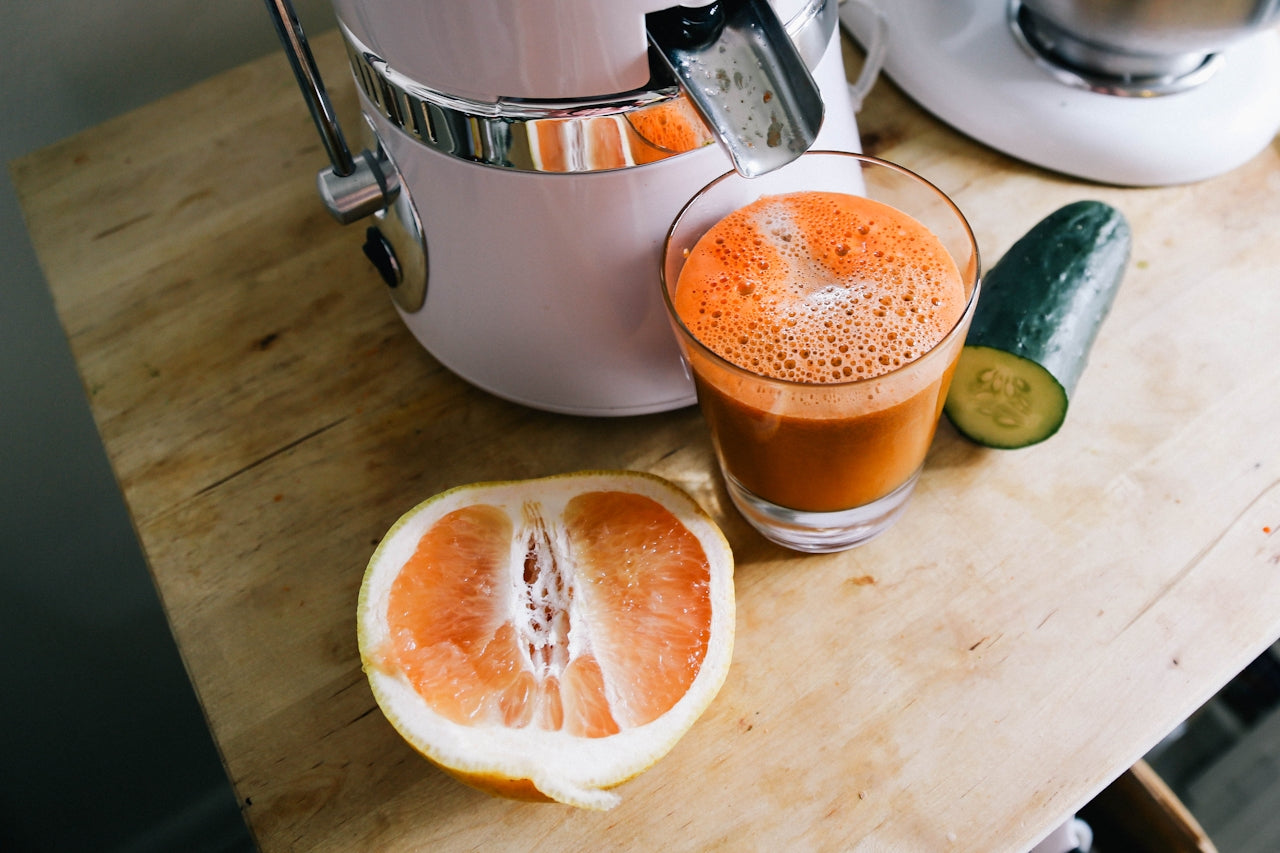Polycystic ovary syndrome (PCOS) is a complex condition that affects millions of women worldwide, causing a range of symptoms from irregular periods to unwanted facial hair and acne. But what many don’t realise is that insulin resistance often plays a big role in making these symptoms worse.
What Is Insulin Resistance?
Insulin is a hormone that helps your body use glucose (sugar) from the food you eat for energy. Insulin resistance happens when your cells don’t respond properly to insulin, making your body produce more of it to try to keep blood sugar levels stable. Over time, this can lead to high insulin levels in the bloodstream.
So, what does insulin have to do with PCOS? A lot more than you might think.
How Insulin Resistance Affects PCOS Symptoms
Excess Facial Hair Growth (Hirsutism)
One of the more frustrating symptoms of PCOS is the excess growth of facial or body hair, known as hirsutism. High insulin levels can lead to an increase in androgen (male hormone) production. Androgens, like testosterone, are naturally found in women in small amounts, but when levels are higher than normal, it can trigger hirsutism. Essentially, the more insulin resistance you have, the more likely you are to experience unwanted hair growth on the face, chest, or back.
Hair Thinning (Androgenic Alopecia)
On the flip side of excess hair growth in unwanted areas, many women with PCOS also experience hair thinning on their scalp, a condition known as androgenic alopecia. Insulin resistance contributes to this too. Those extra androgens can shrink hair follicles, especially along the front and top of the scalp, leading to noticeable thinning or even bald patches.
Acne Breakouts
Dealing with stubborn acne as an adult can be frustrating, and for women with PCOS, it’s often linked to insulin resistance. Elevated insulin levels increase androgen production, which, in turn, stimulates oil production in the skin. When your skin produces too much oil, it clogs pores and leads to acne. This is why many women with PCOS find themselves battling breakouts, especially on the lower face, jawline, and chin.
What Can You Do About It?
If insulin resistance is contributing to your PCOS symptoms, addressing it may help reduce the severity of issues like excess facial hair, hair thinning, and acne. The good news is that lifestyle changes can make a huge difference:
Diet: A low-glycaemic diet (think whole grains, lean proteins, and plenty of veggies) can help keep blood sugar levels stable and reduce insulin resistance.
Exercise: Regular physical activity improves how your body uses insulin and helps lower insulin levels.
Medications: In some cases, your doctor might prescribe medications like metformin to help manage insulin resistance and improve PCOS symptoms.
The Bottom Line
Insulin resistance is a major driver behind many of the most frustrating symptoms of PCOS, from unwanted hair growth to acne. But by focusing on improving insulin sensitivity through diet, exercise, and possibly medication, you can take control and start to manage those symptoms more effectively. Always talk to your healthcare provider to create a plan that works best for you and your body.
Feel empowered knowing that even small changes can lead to big improvements!
